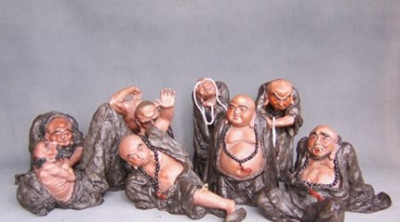It's a sure sign of middle age they say if, when you pick up the newspaper, you turn first to the obituaries.
据说,如果你拿起报纸首先会去翻讣闻版,说明你已经步人中年了。
But middle-aged or not, most of us, I suspect, would love to know what people will actually say about us when we die.
但我觉得,不管中年与否,大部分人都很好奇自己身后会被他人如何评价。
The privileged people I'm focusing on this week were all, one way or another, eager to fix posterity.
本期节目我将关注有特权的人,不管是何人都希望将一世英名流传给后世。
But nowhere was it so deftly done as in Tang China around 700 AD, where powerful figures didn't just wonder what would be said about them when they died, they simply wrote or commissioned their own obituaries, so that the ancestors and the gods would know precisely how important and how admirable they were.
在公元700年左右的唐朝,达官显贵不光好奇,还渴望操控自己在后人心目中的形象。他们或亲笔摞写自己的讣告,或委托别人代笔,将自己的丰功伟绩昭告祖宗与神明。












